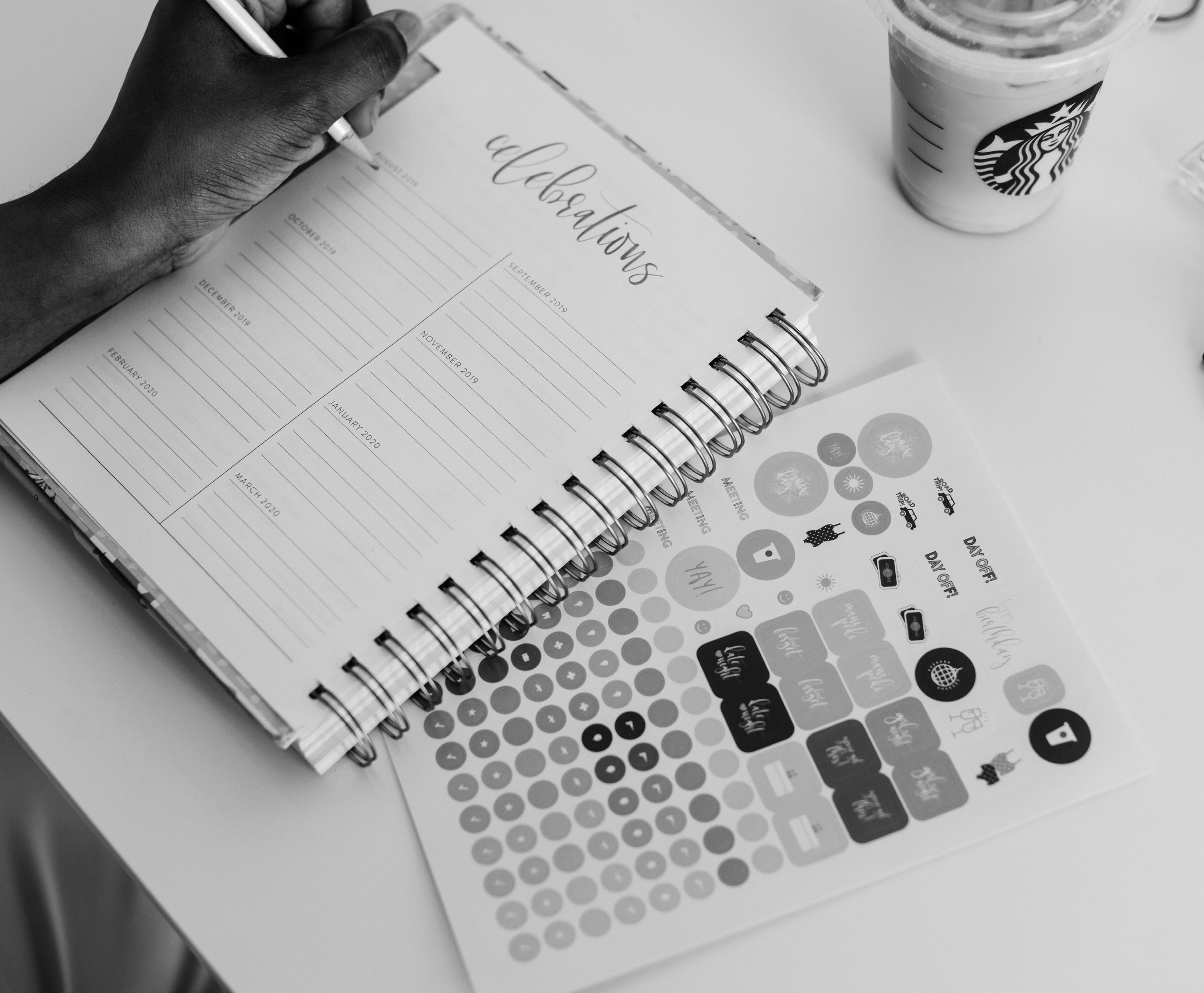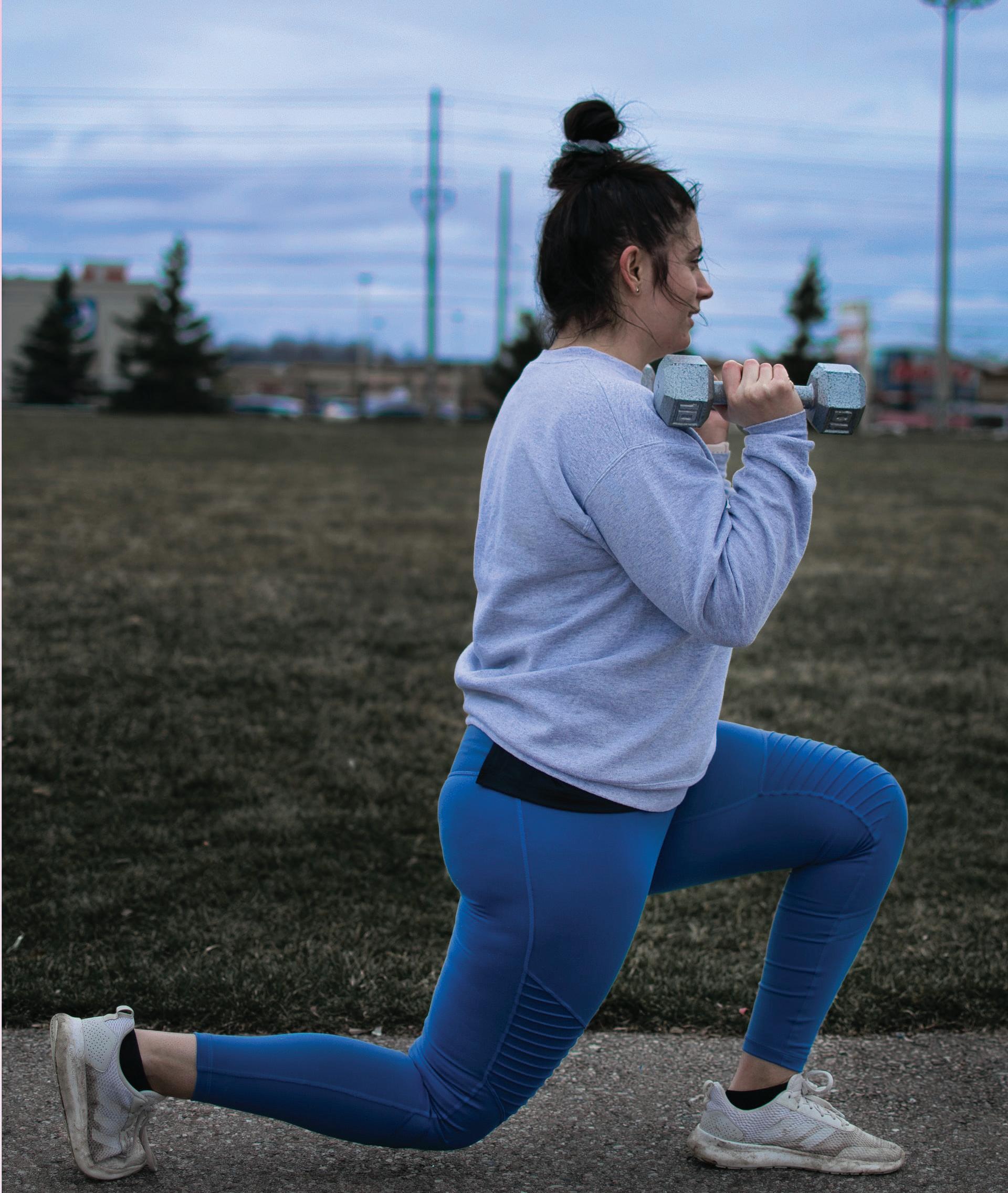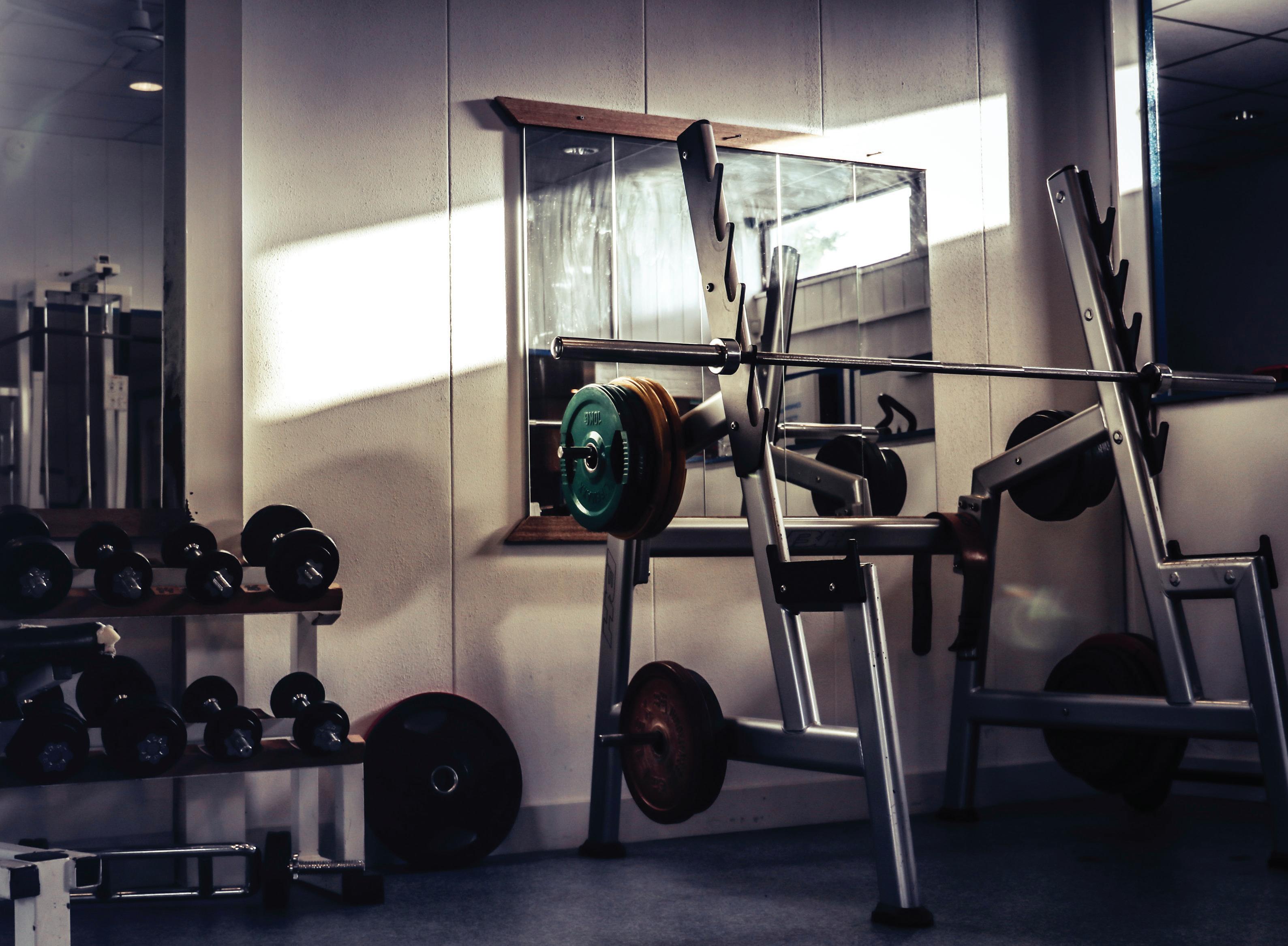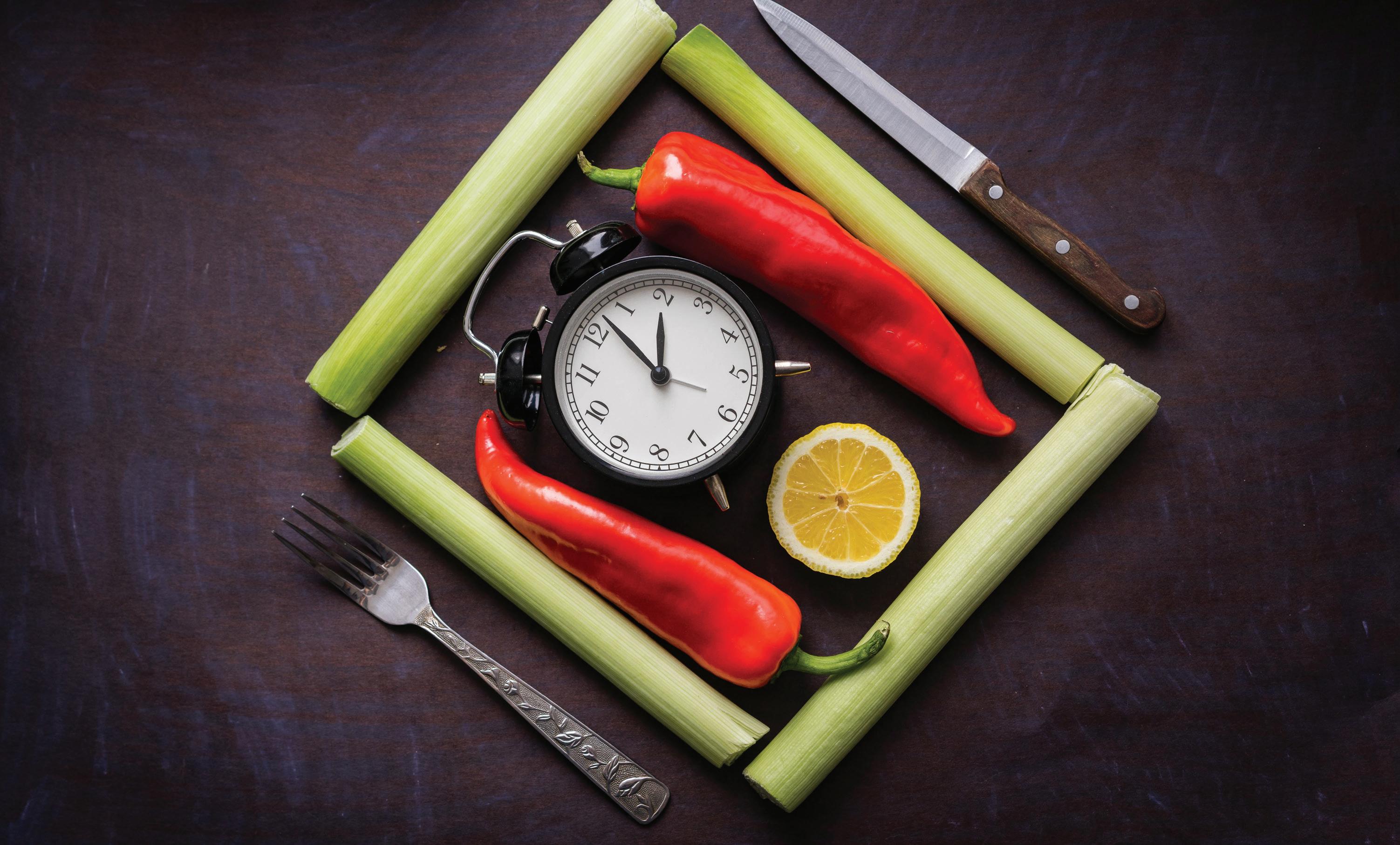
20 minute read
Health > School
mar 17 - mar 23, 2022 sports & health
carillonregina.com | the carillon | 10
Advertisement
Why am I choosing health over school?
People tell me my health comes first, but so much depends on my grades
katherine mutschler
s&h writer
What do you get when you cross an artist, a mental illness, and perfectionism? You get a fun combination of Robert Schumann, Sylvia Plath, and Anne Sexton. You also get me. I had assumed that, for my whole life, I would just secretly relate to these poor artists, and silently see myself in
Beth Harmon’s spinouts (shout out to the Queen’s Gambit). It is hard to keep a steady sleeping and eating routine in university, and I just accepted I would be chronically ill until I met my demise. I always knew a steady routine is important for physical and mental health. With all the chronic mental and physical illness I have, I should have known better.
After I got diagnosed with a shocking and severe mental illness in February, I knew I needed to take my health into my own hands (disclaimer: I am working closely with a mental health team to ensure my safety). This illness depends on keeping a steady routine so I do not spin out. How am I supposed to keep a good schedule when I want good grades, and I have a job and class schedule that makes it impossible to sleep at a good time? I will walk you
through the process I started recently.
I woke up Monday feeling awful. It starts with the nightmares; my dreams were telling me I am not taking care of myself. How could I take care of myself? It was production day, I had hours of class, and I had to teach – not to mention I have an exam the next day. On the way to teaching, I landed my car in a ditch. My car was spinning out. I was spinning out. All the music I listened to for my music exam the next day sounded like static. I look at myself, and I see someone who cares more about a pass/ fail class than her diagnosis. The first step was emailing my professor to tell them that I may not do the best on the exam, and that I need help. I went to bed early, and made sure I could get up at a good time in the morning to calm
myself before the exam.
How many people know that they have put their schoolwork before their own health? When we are young, it seems like all the coffee, the skipping of meals, and lack of sleep is fine. I know that for my whole undergrad I have put my school over my health, and one time I even ended up in emergency. I still didn’t listen to my doctors and body, and immediately went back to trying to focus on school. Why do we do this? Well, for people planning on going to grad school, we want good grades to get into a program. Scholarships are usually reliant on good grades. In Western society, worth is highlighted by our grades when a lot of what we do in university and high school does not matter in the real world. Employers and colleagues prefer people who are reliable, empathetic,
and passionate. No one is going to look at the listening exam for my pass/fail class that I am crying over.
So, what can we do about this problem? I did not take any of this seriously until I heard that my chance of a spinout increases when I don’t sleep and I drink too much coffee. First, I was honest with myself, and then my professors. I told them what I am capable of right now, and what I may need to “take the L” on. Now, I need to take steps on my own. I need to look at my perfectionist personality and learn which balls are plastic and which are glass in my homework juggling routine.
Being faced with a scary illness is hard and can make you realize how much you need to focus on your health. It is hard when there is so much emphasis on grades and doing well in
school, but when faced with the possibility of spiraling out or an extreme low, maybe it is time to look at what is important. I cannot think of any solutions for this systemic problem, but maybe we can learn to be compassionate with ourselves and our friends. A routine of sleep, eating, and water is more important than making the Dean’s list or having the most As in your program.
– Katherine Mutschler
A three-day workout split
If you can only work out a few days a week, this one may work for you
victoria baht
s&h writer

Are you someone who goes to the gym on a regular basis? Are you getting tired of the same routine or the same exercises every week? Maybe you are someone who wants to get into going to the gym, but does not know what routine to follow.
This week, the Carillon is going to take you through a workout split that you can try! Depending on your body or your schedule, maybe you can only go to the gym a certain time a week, and that is okay. Today we are going to look at a schedule that is based on going to the gym three times a week. Here is a reminder: go to the gym and take these activities at your own pace. Everybody is different, and we will try to give you tips to do these exercises safely. If you do not understand, ask a friend, an instructor, or look it up online to keep yourself and your body safe.
First, let us talk about the three-days-a-week split. This split involves a lower body day, upper body day, and then a cardio day. Day one can consist of glutes and a quad workout. Some key exercises that you can try out are squats, side leg raises, lunges, and some cross-over leg extensions. Each of these exercises can be done with or without weight, and you can do as many reps of them as you please. Here are some things about form to remember.
Squats: Make sure your legs are hip-width apart, and bend at the knees. When you bend at the

Jelmer Assink via Unsplash I can’t weight.
– Victoria Baht
knees, make sure your butt goes back and your weight is on your heels (lift your toes if you need). Then once you come up, tighten your core and legs (give them a good squeeze).
Side leg raise: Bend your supporting leg in slightly, then lift up your other leg to the side with a flexed foot. Make sure you control the movement up and down, and don’t swing your leg. Use your muscle, not momentum.
Lunges: Get into position by standing with your feet hipwidth apart. Now, lift up one leg and step either forward or backward, making sure it bends at 90 degrees. Look in a mirror if you can, and make sure you are vertical and not leaning forward. Then keep alternating feet and directions, feeling it in the glutes and the quads.
Cross-over leg extension: This one involves you being on both your hands and knees. Once you are there, choose a leg and point that toe. Then you are going lift that leg over to the other side and back like you are making a rainbow. You should feel this in the glutes, so lift up to feel that tension. If you have sore wrists or knees, you can modify or use a pillow.
Day two’s split consists of chest, shoulders, and triceps. Some key exercises you can try out are front shoulder raises, chest fly, and overhead shoulder presses. Each of these workouts can be done with as much weight as you please and as many reps as you like.
Front shoulder raise: Put a weight in each hand and put your arms/hands in front of you right at your thighs. Now try to keep your arms straight and lift straight out from your body, gradually up to shoulder height. Do not lift your shoulders up as this should also be done with your muscles, not with momentum.
Chest fly: Lay down on your back and open your arms side to side, almost down to the ground, and bring them back up. As the name suggests, you should feel this in the chest.
Overhead shoulder press: This can be done in a chair or while standing. Keep your back straight and bring both arms out to the side, bent 90 degrees. Press up, bringing the weights towards one another right above your head, and bring them back down with control. If you find you are struggling with form, imagine you are crushing a walnut between your shoulder blades. Keep your chin tucked and neck long.
Last day can consist of some cardio, which will be different for everyone. When some people think of cardio, they ultimately think of running on a treadmill, and for some people (like me) that is not enjoyable. Some good cardio alternatives to try are skipping rope, jumping jacks, mountain climbers, plank jacks, bicycles, elliptical machines, StairMasters, and the list can continue forever. For cardio, just focus on getting that heart rate up and keeping movement consistent.
I hope this article helped you think of what to do on your next gym day, or maybe it encouraged you to tell us about your workout routine!
How planning ahead and intermittent fasting work as a tool
hammad ali staff writer
When I first moved out of my home, friends and family had many helpful tips for the process. This made sense because my move from home was also going to be a move out of my country. All these years later, I am glad to say the move worked for me, and I am glad for the experience. That is not what I want to write about today.
One of the most useful tips I got was from my sister, who had herself made a similar move not too long before me. She had a six-year-old, a full-time job, and many demands of beginning a whole new life in the USA. This
was the first person who told me about preparing all your week’s meals beforehand. As a graduate student juggling classes, research, and a part-time job, I will not claim my schedule was as demanding as hers, but the tip worked for me – so much so that over a decade later in a third city altogether, I continue to live by it. It may take up nearly half a day during the weekend, but then for the rest of the week, when tired after a long day, I am thankful that all I have to do for a hot meal is microwave a Tupperware container and find a show to watch.
When my sister recommended this to me, both of us were primarily thinking of the time management aspect of it. I now have even greater appreciation for the multiple positive impacts doing this one thing consistently can bring for someone, as I struggle from chronic illness conditions.
Let me first talk about the time management aspect. Cooking for an entire week, while also wanting to make sure that the meals do not feel too repetitive and boring, takes time and planning. For me, the planning begins with the weekly grocery trip. Each week, my grocery list is a marriage between what things I have run out of, what items I would like, and most important-
ly, which items are on sale. Once I bring home the grocery haul, I quickly note down what I plan on making for the week ahead. This takes up a large chunk of my Saturday or Sunday. Included in this is me chopping the vegetables and preparing the ingredients. I try to clean as I go, washing utensils or pots I no longer need, or taking the trash out while waiting for a stew to simmer. Once all the food is ready, I can look forward to having a meal and not worry about the mess left behind for one of my housemates to stumble across.
Once I am no longer starving, I put away all the stuff I made into individual Tupperware boxes. Some go into the fridge for the next couple of days. Depending on the shelf life of the food, I will freeze the meals I won’t have until the end of the week. At the end of all this, I am ready for some mindless entertainment and then bedtime (which is my way of saying that all of this is tiring and time-consuming). The time depends on what I am making. I have to admit there have been weekends where the entire process took up four hours. This evens out; for the rest of the week, I can come home from a long day of university work and not have to worry about cooking something.

This is how I realized the second advantage of meal prepping.
On weeks when the weekend is already packed, I will just make some food every other evening while making sure there are leftovers for the next evening too. Sometimes it works out that way, but at other times, as I walk back home around 8 p.m., the last thing I want to do is go into the kitchen. This is when I end up grabbing takeout, which is something I really should not be doing, for both the sake of my health and my wallet. Not to brag about my own cooking but, most of the time, whatever I end up getting for takeout is a letdown compared to my own meals. For me, the bigger concern is that I am supposed to pay a lot more attention to what I am eating due to a number of chronic conditions as well as a family history of medical complications.
Weekly meal prep has helped me a lot with eating better, but for the last two years I have also added one more tool to my arsenal. I want to emphasize that I did not just start this all in one day. I had a full blood work done, and spoke to my family doctor to make sure I was not exposing myself to any medical risks. Since the fall of 2019, I have been experimenting with time-restricted eating/inter-
mittent fasting (IF). It began with reading some books explaining how IF can help sustain a caloric deficit for certain people. Following my doctor’s clearance, I began by not eating between 8 p.m. in the evening to noon the next day (a total of sixteen hours). Currently, I hit anywhere between 16 to 20 hours, five to seven days a week, taking a break whenever I feel the need to do so.
While there have been setbacks, in this time I have lost enough weight that for a little while last summer, I weighed the least I ever have since high school. More importantly, several blood tests I have had done since then have shown positive trends of reduced risk of chronic diseases. Again, this may not be for everyone. I took this drastic step because I was concerned after one blood test showed negative trends, and even then, spoke to two different doctors who both approved of me trying IF. For me, it has also been good that I have not had to cut out any food altogether, knowing that by fasting long enough during the week, I can always safely indulge during the eating window in foods that I like. Fasting has also had a positive impact on my mental health and clarity. While I do not want anyone to just try it out without
proper medical advice, if you, like me, are someone who has struggled with a weight problem and often find yourself lacking energy, this may well be worth looking into! Even if not, I still strongly recommend preparing your week’s meals on the weekend. You will notice the positive impact yourself!
Editors note: IF may cause complications for people with past eating disorders, hormonal conditions, or other mental and physical health issues. You can find a dietician on https://www. saskdietitians.org/, or ask your general practitioner for a referral.
Kirill Tonkikh via Unsplash No longer shall my veggies be doomed to wilt in the crisper drawer!
– Hammad Ali
When it all comes crashing down
amina salah staff writer
The University of Regina’s decision to have students return to in-person classes was a stressful time for some. For many, they were just starting to get settled in their classes. Reading week this year occurred too early because classes started much later than originally planned. We are in that part of the semester where things are starting to get real. Assignments are due every week. There are too many papers to write. We have to study for midterms and tests. On top of that, we are still in a pandemic and dealing with the effects it is leaving behind.
One of the biggest impacts has been burnout (especially Zoom burnout). I’m at that state in the semester when I am panicking but don’t have time for a full mental breakdown. For many students, the majority of our breakdowns occur in the library. Sometimes I set an alarm for 10-15 minutes to give myself the time to stress, worry, and cry so I can get it over with. This might seem extremely odd; however, I find that giving myself the time to feel despair gives me clarity, and it allows me to start planning for how I will get things done. When the alarm rings, I snap back to reality and get to work. If I don’t do that, I will spend the entire day rotting my youth away by crying and stressing about all the work that needs to be done to the point where I won’t even do the work because I’ll just be worrying about the work.
We’ve all been there. Instead of doing your assignments, you spend the bulk of the time worrying about said assignments. Sometimes you just sleep it away as if you have nothing due. For others, perhaps you watch a show on Netflix for hours whilst feeling extremely guilty for doing so. It is a universal human experience.
On the last day of reading week, I decided that I should probably start actually using my planner. It took me a few hours to fill in all of the deadlines I have for the months of March and April. By the time I finished, I probably shed a tear or two looking at all the work that is waiting for me. Everyone has their own way to cope with the burnout of the last stretch of the semester. My way is to just get my work done because I have no other choice. I have missed a deadline maybe one or two times since I have started university, and I aim to keep that streak going. I honestly just treat university like a Duolingo streak. You wouldn’t want to lose a language learning streak of 700 days, right? So why break a deadline streak that you’ve held for 3 years?
When it comes to mental health, it’s a very complex matter when university gets involved (EIC note: which is always). Sometimes you feel like there is so much to do that you do not have the time to do the things you love. It is important to take some time off every day, whether it is 20 minutes or an hour, just to do something that you really enjoy. This could range from painting or knitting to watching your favourite show.
I really wish that students remembered that we are still focused on completing our degrees during a global pandemic, and this is something that should be acknowledged and praised. It is a testament of our strength and ability to adapt to the versatile situations that life throws at us. It is very easy to feel as if every day is just the same. It feels like nothing is happening for you. You’re watching your friends finish their degrees and graduate, meanwhile you are stuck in the same place you’ve been for some time. It feels like our progress is small and perhaps not even happening. We should always remember that life happens in stages and seasons. It will never always be the same. The same way the seasons change, our situations will as well. The only thing we can do at this moment is accept where we are in life.
When you accept your current stage, you are simultaneously welcoming the potential for it to change. Many believe that getting a degree is easy, but it is not. It is one of the most difficult things one could ever do, not because the classes are difficult per se, but because it forces us to adult, and adulting is truly the most painful thing to go through. It comes with so many growing pains. The pandemic takes adulting from zero to 100. It is important to take care of your mental health. If you need extensions, then email your professor. Most professors are extremely understanding. It is important to do it ahead of time. If professors know that you are otherwise someone who always submits their work on time, they will likely give you grace when you need it.
I also cannot stress the importance of not keeping your troubles to yourself. It is important to talk to your friends or family when you need to do so. It’s okay to go to therapy as well – needing help does not mean you are a failure. It’s okay to be unsure of where you’re going in life, or what you want to study. Eventually, you will figure it out. We always do. It’s better to be unsure and accept it instead of studying something you hate and will regret later on.
Taking time off school does not make you lazy. Everyone finishes at their own pace. I thought I would have graduated by now but, unfortunately, I haven’t. I thought I would have bagged a summer internship by now but, once again, I have not. Maybe you thought you’d have a job by now or you’d have graduated. Life never turns out the way you hoped it would, even if you plan for it. It sucks, but c’est la vie.
As the semester gets difficult, I hope every student remembers that we are all just figuring it out and trying to do our best with the limited resources we have, and there is absolutely nothing wrong with it. The most important thing to do is take care of your mental health. Nourish your heart and your body. You have to take care of yourself in order to face the things university throws at you.


